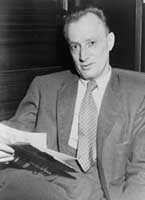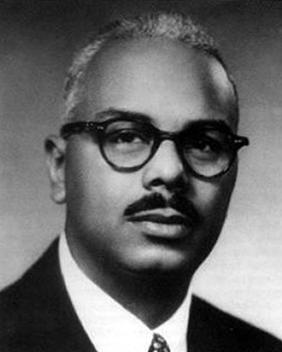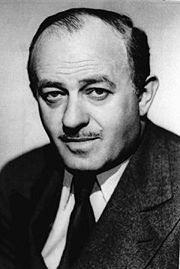
George P. Godfrey
Born:
Pen Name: George Godfrey Connection to Illinois: Godfrey resides near Athens, Illinois. Biography: George Godfrey's career spans Lepidoptera research with Illinois Natural History Survey and University of Illinois, college teaching and administration at Haskell Indian Nations University and national leadership in the development of agricultural science and research programs by the Tribal Colleges and Universities (USDA). Upon retirement, he turned to writing. His Potawatomi culture, ancestry and history are dominant parts of his life. He is president of the Potawatomi Trail of Death Association and is integrally involved in studying the forced removal of his tribe from the Great Lakes area. He strives to pass on his knowledge through his writings, public speaking and tribal dancing. His dancing has been performed as far away as the Altai Republic in southern Siberia. He once was described as a “dust ball” because it is not known where he will appear next.
Awards:
George P. Godfrey on WorldCat : http://www.worldcat.org/search?q=george+p.+godfrey
Selected Titles
| Once a grass widow : ISBN: 1482538547 OCLC: 863510712 "Once a Grass Widow is a fictional history of a Potawatomi woman, Watchekee, in the waning days of the American Indian-Trader days and the beginning of the Citizen Potawatomi Nation. She grew up in northeast Illinois. Watchekee struggled to survive after her French Canadian trader-husband cast her aside. Through an arranged marriage, she became the wife of another French Canadian, Francis Bergeron. Subsequently, her path led to Council Buffs, eastern Nebraska, northeastern Kansas, and finally to present-day, central Oklahoma. Stability in her life was challenged by the death of one of her daughters, the vicious attack on her oldest son, and the involvement of her husband in the state's 'free-state' politics and in the Civil War. Although her health was declining she managed to move from the Potawatomi Reservation in Kansas to a new reservation for the Citizen Potawatomi in the Unorganized Indian Territory. What was to have been tranquility turned to tragedy and to Watchekee's death when she came to the defense of her husband who was being harassed by two 'uncivilized whites'"--Amazon.com. |
|
| The Indian marble / ISBN: 1494781824 OCLC: 915976577 Who or what was Bat Bergeron, a recent widower with two young sons, Frank and Will? To U.S. Marshal Ed Trumball, he was a horse thief. To the other members of the posse, he was innocent. Faced with uncertainty, the marshal banishes Bat from the Citizen Potawatomi Reservation for seven years. Before his banishment, Bat is forced to witness the lynching of two men who were caught with stolen horses. Bat subsequently abandons Frank and Will while fearfully fleeing the Reservation. He is befriended by Roberto Pacheco, a Mexican trail boss working the Chisholm Trail, and Mexico becomes Bat's home during most of his exile. He eventually moves to Kansas where he becomes a farm-hand near Concordia. While in Kansas, Bat goes to visit his sister, Matilda Lewis, only to discover that she is dead. He returns to the Citizen Potawatomi Reservation with his late sister's husband, Wesley. Although Bat reunites with his sons, he is a stranger to them because of his long absence. After going blind, Bat wishes to live with Will, but his son is unable to keep him. Through it all, there is one memory that Bat cannot escape. |
|
 |
Watchekee (overseer) : ISBN: 1484868900 OCLC: 863507526 "Watchekee to some is the 'Pochantas' of the Midwest. To others, Watchekee is a mystical and romantic figure. In reality, she was a Potawatomi (Great Lakes area American Indian) woman victimized by the 'Indian-Trader World' that sought to exploit land and its natural resources. What happened to Watchekee? What is mythical and what is historically accurate about her? Through the study of tribal documents along with archival governmental and church records coupled with oral family history, her life and the events around her life are revealed. Spurred by apparent emotions and undaunted by her personal tragedies, she ignored the Indian Removal Act of 1830 and often left her homes in 'Council Bluffs' of western Iowa and in northeastern Kansas. On several occasions, she returned to her roots in Illinois. Watchekee later was part of the vanguard of Potawatomi who moved from Kansas to the Indian Territory (now Oklahoma) in 1872. Watchekee and the small group that she was with started life anew on yet another reservation. Today, the area is the Citizen Potawatomi Nation"--Publisher. |




